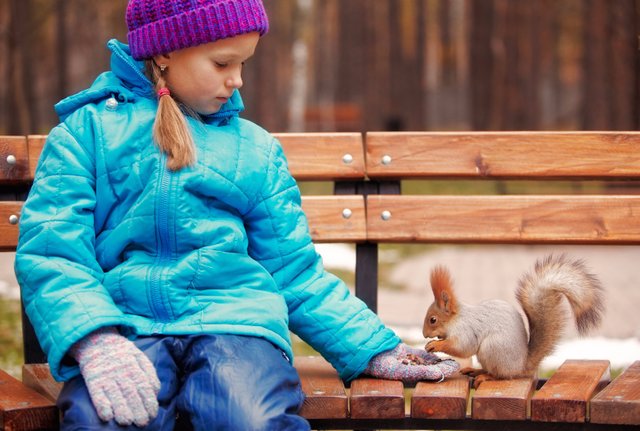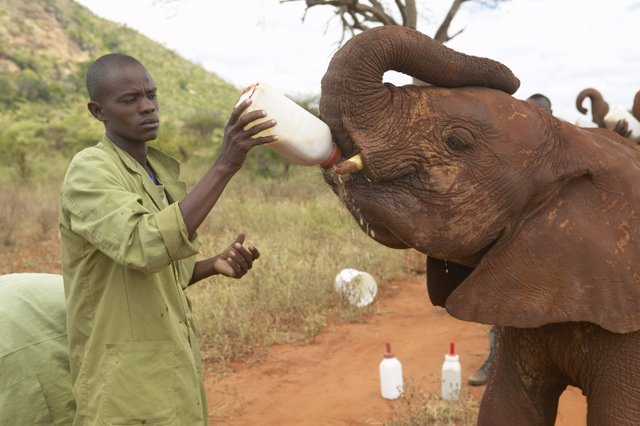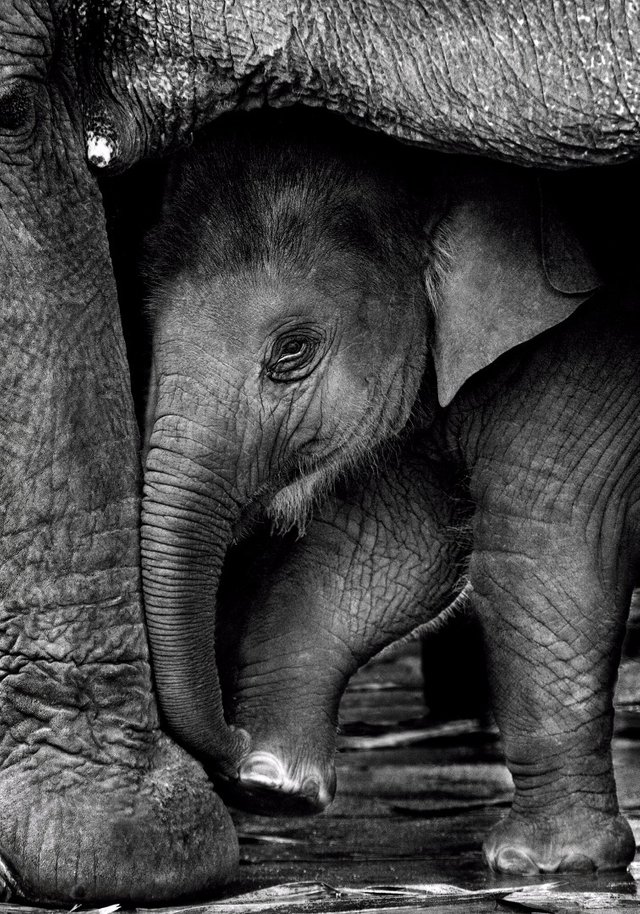
The appeal to nature, also known as the naturalistic fallacy, is a logical fallacy in which what is natural is assumed to be good. For instance, natural environments are often assumed to be better than unnatural ones, and natural remedies for illness are considered to be better than unnatural ones.
The appeal to nature is often used as a reason why we should not mess with “mother nature.” Yet we are inconsistent with this all the time. We encroach on natural spaces to build houses and roads and factories. We live in comfortable, climate-controlled buildings and wear clothes and spend hours a day online or watching television. Many of us spend hours a day driving a car. So apparently what is natural is good only when it is “out there.”
We seem to divide the world into the human world and the “natural” world. The natural world is those places that humans haven’t yet physically touched, or at least not very much. And it’s common for us to think that we should just leave those places alone, that they are self-regulating systems and that there is something intrinsically good about natural places. But the truth is even our natural spaces have been altered by us, even in places humans have never reached.
There Are No Untouched Areas of the Planet
We used to limit our intervention in the natural world to things like logging, building dams, and putting out forest fires. But it was understood that there should be some untouched areas of nature that should be conserved. The problem is, there are no longer areas of the planet that have been unaffected by human activities. Human activities have caused climate change that now affects even the remotest parts of the planet that no human has ever been to.
Wild Animals Live in Nature, But Are Not a Part of It
Lots of discussion is taking place about the loss and destruction of areas of the planet due to climate change, and about the vulnerable communities of humans that will be affected by it. But when it comes to talking about the animals who live in nature, the discussions center around the loss of species and not individuals. It may be sad to see species disappear, and we may lament the fact that ecosystems are becoming “unnatural”, but why is it usually framed as bad or immoral to alter nature? Aren’t we really just expressing a human preference for things as we are used to them, or as we enjoy seeing them? What is it about nature that is intrinsically good?
As we are scrambling to figure out how to help human populations cope with climate change, even people like Bill McKibben have acknowledged the need to find technological solutions. As he pointed out in his book, The End of Nature, there is no such thing as nature anymore if we define it as something untouched by humans. Climate change has changed all that. So the question is not will we alter nature, but how?
Which Earthlings Deserve Our Help?
While we are rethinking all of this, let’s start to think about the other conscious creatures who share the planet with us. Let’s think of them not as species or as parts of ecosystems, but as vulnerable individuals who need care just as humans do. There will be no truly wild areas soon. What we’ll have is something akin to wildlife parks that we have to manage somehow or other. Let’s start thinking about how to manage them in a way that benefits the inhabitants of those spaces, rather than in ways that preserve some idea of how we would like them to be.

That means intervening in a way that many people are uncomfortable with, providing vaccinations, helping when there are food and water shortages, and using contraceptives to reduce populations rather than letting animals starve to death or shooting them.
Future technology will make it possible to help humans and nonhuman animals. Let’s get over our selfish attachment to our idea of what nature should be and start thinking about how to help all fellow earthlings, not just the ones that look like us.

Let’s try to keep everyone safe.